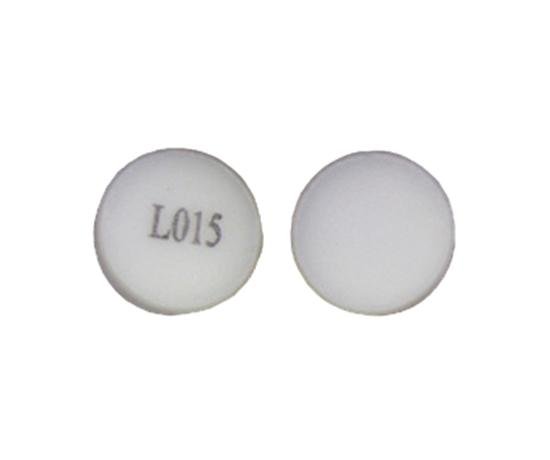Bupropion and Alcohol/Food Interactions
There is 1 alcohol/food/lifestyle interaction with bupropion.
Bupropion Food/Lifestyle
Moderate Food Interaction
Using buPROPion with alcohol may increase the risk of uncommon side effects such as seizures, hallucinations, delusions, paranoia, mood and behavioral changes, depression, suicidal thoughts, anxiety, and panic attacks. On the other hand, sudden withdrawal from alcohol following regular or chronic use can also increase your risk of seizures during treatment with buPROPion. If you are prone to frequent or excessive alcohol use, talk to your doctor before starting buPROPion. In general, you should avoid or limit the use of alcohol while being treated with buPROPion. Also avoid activities requiring mental alertness such as driving or operating hazardous machinery until you know how the medication affects you. It is important to tell your doctor about all other medications you use, including vitamins and herbs. Do not stop using any medications without first talking to your doctor.
Switch to professional interaction data
Bupropion drug interactions
There are 562 drug interactions with bupropion.
Bupropion disease interactions
There are 7 disease interactions with bupropion which include:
- suicidality
- seizure disorders
- angle closure glaucoma
- liver disease
- mixed/manic episode
- renal dysfunction
- weight loss
More about bupropion
- bupropion consumer information
- Check interactions
- Compare alternatives
- Pricing & coupons
- Reviews (2,919)
- Drug images
- Side effects
- Dosage information
- Patient tips
- During pregnancy
- Support group
- Drug class: miscellaneous antidepressants
- Breastfeeding
Related treatment guides
Drug Interaction Classification
| Highly clinically significant. Avoid combinations; the risk of the interaction outweighs the benefit. | |
| Moderately clinically significant. Usually avoid combinations; use it only under special circumstances. | |
| Minimally clinically significant. Minimize risk; assess risk and consider an alternative drug, take steps to circumvent the interaction risk and/or institute a monitoring plan. | |
| No interaction information available. |
See also:
Further information
Always consult your healthcare provider to ensure the information displayed on this page applies to your personal circumstances.


